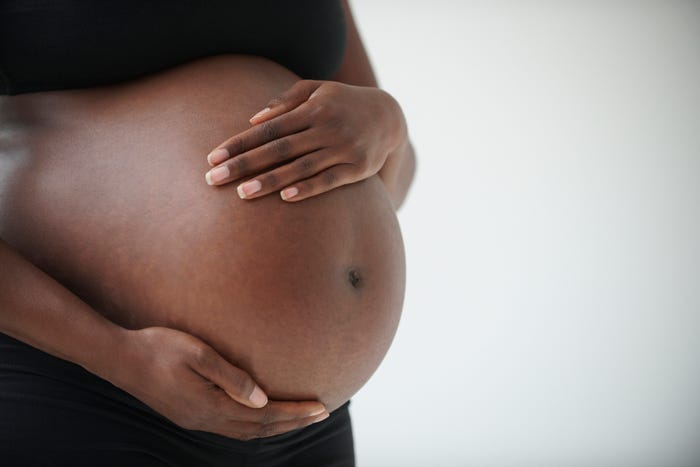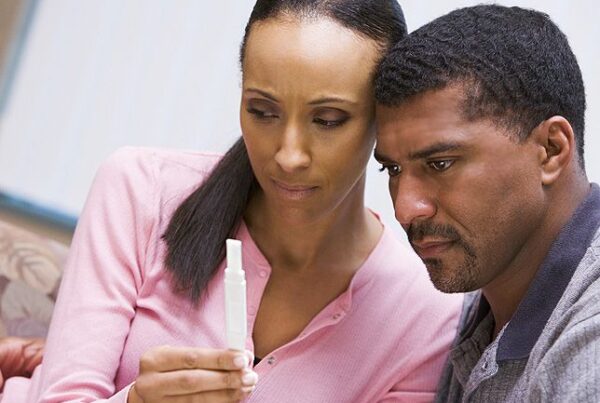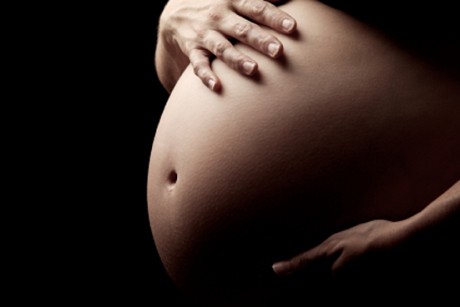Are you thinking about having a baby in your 40s? It’s a big decision! Having a baby after the age of 40 has become increasingly common because more women are choosing to have children later in life. This path comes with its own set of joys, and challenges. Women are often told it’s best to have children before the age of 35, but what we are witnessing suggests otherwise.
There are multiple reasons why women are waiting to have children, including fertility treatments, early careers, and settling down later in life. If you’re curious about what it’s like to have a baby at 40, consider all the range of benefits, risks, and other facts you need to act know. It may sound surprising, but sometimes the benefits of having a baby later in life can outweigh those of having children when you’re in your 20s or 30s. Due to advances in technology surrounding fertility, pregnancy, and delivery, it’s possible to safely have a baby at age 40. But even with all of the available options, a woman’s fertility rate does decrease significantly after 35 years of age. As women get older, their fertility naturally decreases. It’s important to know why this happens. Knowing the reasons can help you make informed decisions.
A woman’s body has a limited number of eggs, known as the ovarian reserve. This reserve decreases over time. The quality of the eggs also declines with age. This makes it harder to get pregnant and increases the risk of problems. The numbers tell a story. Women in their early 30s have a good chance of getting pregnant each month. But that chance drops by the time a woman reaches her early 40s. It’s important to have realistic expectations. The rate of conception is lower, but pregnancy is still possible.
Several issues can make it harder to conceive after 40. Irregular ovulation becomes more common. Conditions like endometriosis can affect fertility. Uterine fibroids might also create difficulties. Addressing these challenges is an important step. Before trying to conceive, it’s important to check your fertility and overall health. Pre-conception planning helps. Medical evaluations can identify potential problems. Specific tests provide insight into your fertility. Hormone level checks, like FSH and AMH, show how your ovaries are working. There are tests to checks how many eggs you have left. A uterine health evaluation looks for problems in your uterus. These tests provide valuable information.
Pre-existing conditions such as high blood pressure, diabetes, and thyroid disorders can affect pregnancy, and managing these conditions is key. What you eat, how much you exercise, and your stress levels affect your fertility. A healthy diet, regular exercise, and managing weight can improve your chances. Reducing stress can also make a difference. Focus on a healthy lifestyle. The risk of chromosomal problems, like Down syndrome, increases with age. Screening options, such as NIPT and amniocentesis, can detect these problems.
The risk of miscarriage and preterm birth is higher for women over 40. Preventative measures, like close monitoring and good prenatal care, can help. Several steps can improve your chances of a healthy pregnancy. These steps include prenatal care and a healthy lifestyle. Early and regular prenatal appointments are crucial. Your doctor can monitor your health and the baby’s development. Regular check-ups help catch problems early.
It can take some time to get pregnant, regardless of age, but if you’re over 40 years old and you’ve been trying unsuccessfully to have a baby naturally for six months, it may be time to see a fertility specialist.
The fertility specialist will run tests to see if there are factors that are affecting your ability to get pregnant. These may include ultrasounds to look at your uterus and ovaries, or blood tests to check your ovarian reserve. Just as it’s statistically more difficult to conceive after the age of 40, pregnancy itself can also be more challenging as you age. It’s important to talk to the doctor.
Vaginal delivery may be less likely after the age of 40, primarily due to possible implications associated with pregnancy at that age. Many women successfully deliver healthy babies at or over the age of 40. Talk to your doctor about what to expect, and devise a backup plan. Age in and of itself does not increase your risk for multiples, however, women who use fertility drugs or IVF for conception are at a higher risk of twins or multiples. This is because of the way the medications increase ovulation.
Getting pregnant after age 40 can take longer for some women than others, and consulting with a fertility specialist is necessary since the fertility rate drops dramatically in your 40s. If you’re unable to conceive naturally, you’ll want to consider whether you’re up for potentially multiple tries with fertility treatments and if you have the means to cover the treatments.
Pregnancy after 40 presents unique considerations. But, with proper planning and care, a healthy pregnancy is possible. Understand the facts, assess your health, and explore your options. Maintain a healthy lifestyle and prioritize your emotional well-being. Stay positive and focus on building your family.
Having a baby at 40 is much more common than it used to be, so if you’ve waited to have children until now, you’ll have a lot of company. Despite the challenges it can take to conceive, having children in your 40s is achievable.





